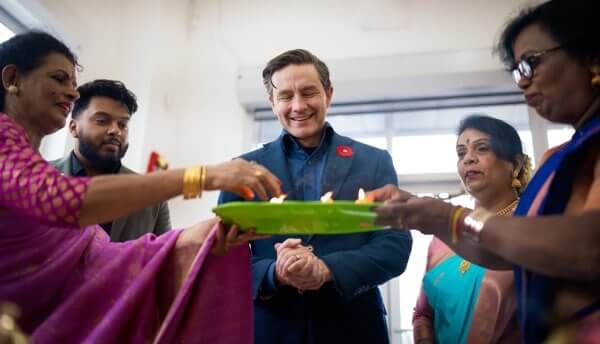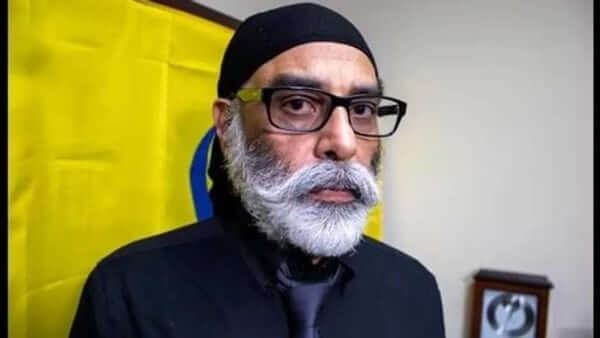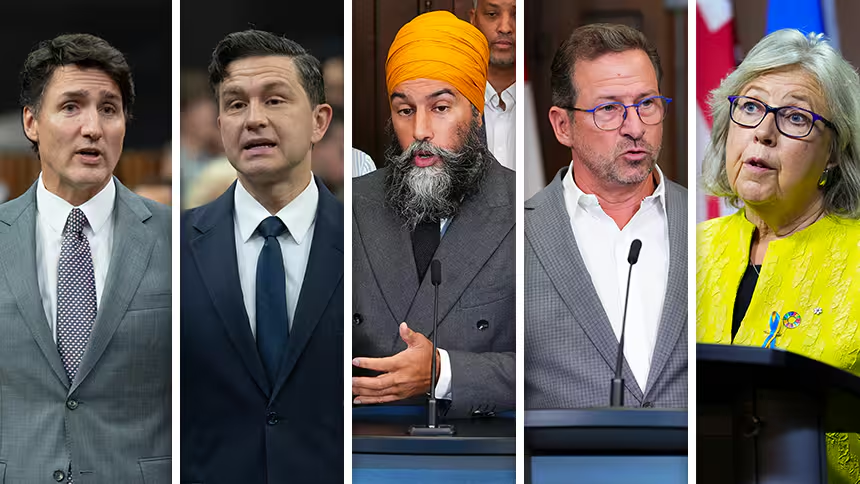Amid the ongoing kerfuffle about India’s alleged interference in Canada, more critical developments closer to home might be missed by India-watchers. Prime Minister Justin Trudeau has not just accused India. Trudeau has stated that some of Canada’s own Members of Parliament (MPs) may be Chinese agents, yet he simultaneously claims that his own government’s intelligence might be “shoddy”. Additionally, he has refused to brief the Leader of the Opposition, Pierre Poilievre, on all this critical intelligence.
This mixed messaging leaves Canadians in an uncertain and alarming situation. Is Trudeau making “credible allegations” about foreign interference, or is he insulting his own intelligence services? The inconsistencies raise serious concerns about the reliability of his leadership in handling such critical national security matters.
When faced with allegations of Chinese interference in support of his party, however, Trudeau responded by attributing criticism to “anti-Asian racism“. Yet, in this more recent case involving India, no such sensitivities seem to be applied, especially when it concerns his own political rival.

Opposition Leader Pierre Poilievre’s conundrum
This double standard does little to inspire confidence in Trudeau’s consistency on issues of foreign interference. Meanwhile, Pierre Poilievre, the Conservative leader, is not helping matters by demanding the names of the “in-house spies” but refused to undergo a security clearance check beforehand.
How can Poilievre credibly oppose the government’s actions on national security matters without being fully informed? It is a position that only deepens the political disarray. Imagine the gravity if Indian Prime Minister Narendra Modi accused Rahul Gandhi of being a spy without evidence. Yet here we are—a Canadian prime minister who seems unsure of his own intelligence and an opposition leader refusing to be fully briefed on vital security matters.
Trudeau’s growing internal troubles
Adding to the chaos, Trudeau faces a revolt in his own Liberal Party which has reached such a critical point that Eddie Goldenberg, a senior figure in Canadian politics, has warned that instability could trigger a renewed push for Quebec’s secession. As Canada’s inflation zooms and the economy nosedives, the sentiment in favour of secession currently around 40%, could go up.

A fragile democracy
The turmoil at the top of Canada’s political hierarchy prompts an evaluation of the electoral system. Elections in Canada are held in constituencies, where the political landscape can shift dramatically based on the influence of small but motivated communities. Omer Aziz, a Harvard fellow and former advisor to Prime Minister Trudeau, has highlighted how small, organised communities can shape the outcomes of elections. His views are echoed by Professor Roy Norton of the Wilson Center’s Canada Institute, who has pointed out that in sparsely populated countries like Canada, small communities like the Armenian or Haitian populations can also wield significant electoral influence. While this reflects democratic representation at its finest, it also exposes the fragility of Canada’s political system, where special interests can have outsized impacts.
Canada’s leadership crisis
With Canadian leadership in turmoil, it’s clear that the escalating tensions with India, are being exacerbated by internal disunity. Canada’s verbal skirmishes with India should be seen in this broader context of political fragmentation. Khalistan sympathisers, such as Gurpatwant Singh Pannun and Jatinder Singh Grewal, continue to push their agenda through organizations like Sikhs for Justice.

India needs to help Canada at this time
While this may seem counter-intuitive, India can help Canada at this time. For one, the larger Indian community in Canada must unite, much like the Khalistani community. However, instead of violence and secession, it needs to be an inclusive community of South Asians, from Indian, Pakistan and South Asia as a whole, including Hindus, Sikhs, Muslims, Christians and other communities. Together, they must advance the South Asian community and aim to strengthen Canada. India can help Canada by not reacting to every verbal attack from Trudeau’s government, and merely follow a policy of strategic restraint.
Khalistan is not a viable entity. Without some maturity on the part of its leaders, in just a few years, it is possible that Canada will not be either. While we might have a hot Civil War in the US in the next few weeks, the possibility of a polite schism in Canada cannot be ruled out.
In the coming years, the key question may not be how Canada deals with foreign interference, but how it deals with itself.
Read more: US election: South Asian community emerges key factor in swing states





